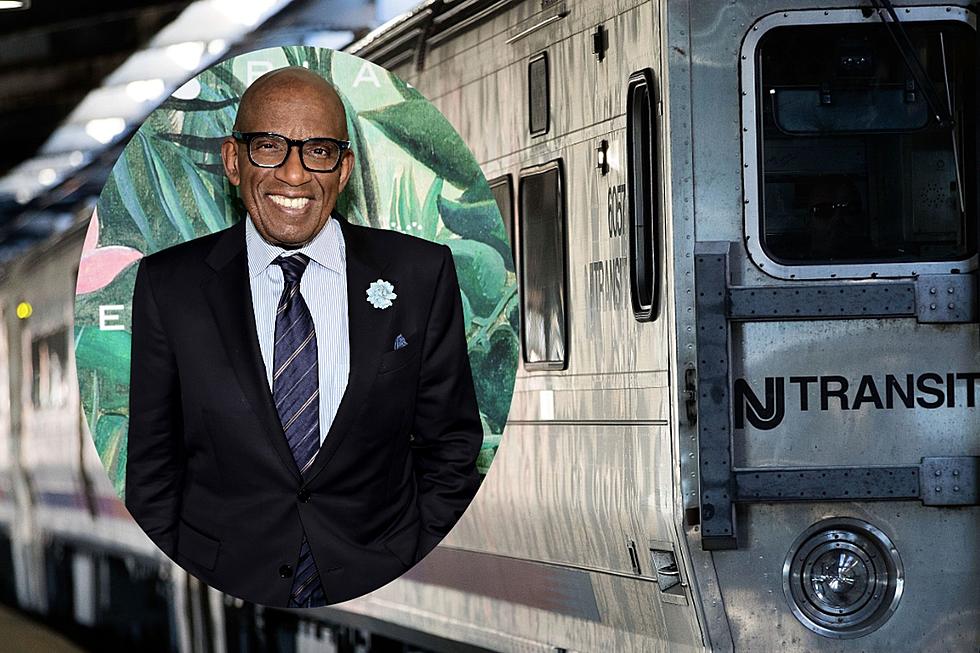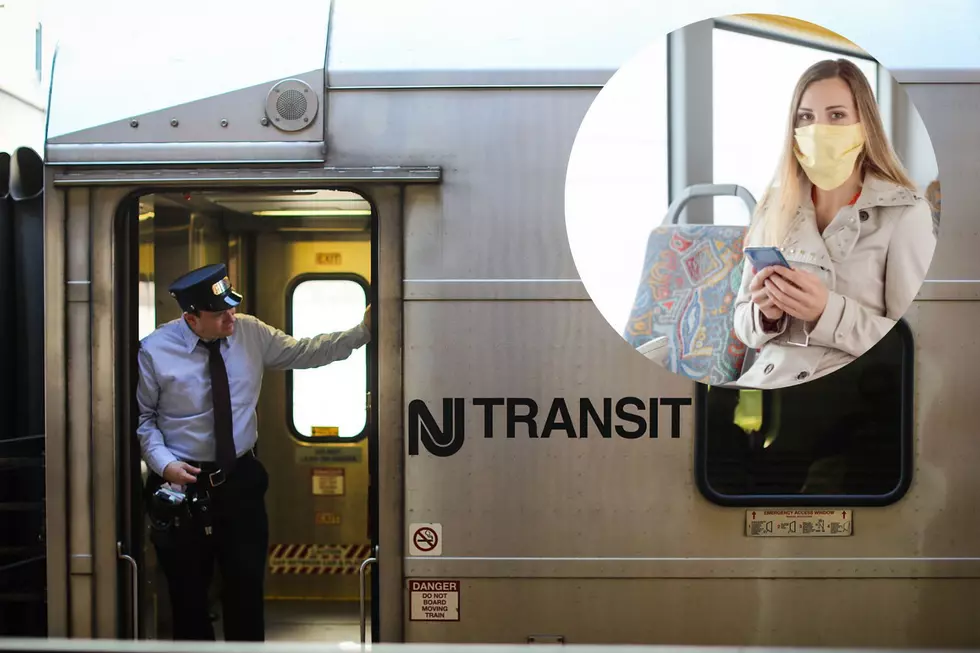
Is this why NJ Transit struggles to build a safer system?
As the investigation into October's deadly New Jersey Transit train crash at Hoboken Terminal continues, a joint hearing of the Senate Legislative Oversight and Assembly Judiciary committees was held to gather information on a variety of issues related to rail safety.
Lawmakers heard wide-ranging testimony from several experts about positive train control — an automatic breaking system not yet on any NJ Transit trains — and its implementation around the country.
A National Transportation Safety Board review of another, 2011 train crash in Hoboken said PTC “would have automatically alerted the engineer to the train’s excessive speed; and if the brakes were not applied, while operating in automatic or manual mode, the PTC system wold have automatically applied the brakes to stop the train and prevent the
The lack of PTC also was blamed in part for the May 2015 Amtrak derailment in Philadelphia, which killed eight. Investigators are evaluating whether it would have stopped this year's Hoboken train crash.
During the hearing, members from both committees made references to ongoing safety concerns about NJ Transit trains and buses, including the deadly train crash in Hoboken this fall, a slow speed derailment of an NJ train last weekend, and the ongoing probe of a deadly bus crash in Newark this past summer.
Some lawmakers have wondered out loud whether PTC would have prevented the Hoboken bound train from crashing into the station, killing one woman standing on a nearby platform.
Veronica Vanterpool, executive director of Tri-State Transportation Campaign said the root cause for many safety issues and problems at New Jersey Transit is a lack of dedicated funding.
“New Jersey has taken its transit system for granted, and that has shown in the amount of money it has not given to support its system for many, many years,” she said.
Vanterpool said the agency is so underfinanced it is forced to take money from its capital budget, which is supposed to fund new projects, and apply it toward its operating budget.
“This means track work, the modernization work, the signal work, that work is not getting done,” she said.
In other words new projects like positive train control are put on the back burner because funding is so limited, she said.
“When you have decades of this kind of neglect, you start to see that manifest in a system that has a poor safety record, a system that has to rely on other non-traditional funding sources like the Clean Energy fund to stay afloat,” she said.
A 2008 federal law — championed by then U.S. Sen. Frank Lautenberg, D-N.J. —mandated that all commuter rail systems install positive train control, or PTC. But last year, Congress and President Barack Obama extended the deadline by three years because of the cost of implementation, which has been estimated at $6.7 billion to $22.5 billion nationally.
On the PATH, which is operated by the Port Authority of New York and New Jersey, 198 of the system’s 230 locomotives have been equipped with PTC. On Amtrak, the lines through New Jersey are all equipped with the braking system, federal documents show.
Vanderpool said New Jersey Transit is now in the process of trying to secure a federal loan for PTC, which means “they don’t have the funding right now to implement it, though they understand that’s a federal mandate and they are going to comply.”
So what’s the best way to try and fix NJ Transit?
“NJ Transit needs dedicated revenue to support its system. The politics of annual appropriations is incredibly difficult. It makes it difficult for the agency to plan year after year after year because they don’t know how much funding they’ll have. They don’t know how much revenue they can expect,” she said.
“The state legislature needs to get serious about finding dedicated revenues to support NJ Transit, Eleven percent of New Jersey citizens rely on NJ Transit to get around," she said.
More from New Jersey 101.5:
More From New Jersey 101.5 FM









